Written by Rabbi Moshe Rosenberg
For the original article in the New York Jewish Week (26 August 2016): click here.
When students return this fall to Manhattan Day School on the West Side of Manhattan, they will find that their first floor computer lab has been taken over by a SmartLab, a learning environment which integrates many subjects with an emphasis on science, technology, engineering, and math (STEM). Elisha Hus, the school’s director of educational technology, explains that the Smartlab, designed by Creative Learning Systems, is “geared to motivate students and help them explore through project-based learning across all disciplines, including units on robotics, software engineering, alternative energy, computer graphics, and much more.”
At Maayanot High School in Teaneck, an auto-watering garden will greet students on the first day of school. The auto garden is controlled by a moisture sensor that triggers the motor to go on or off depending on the moisture level in the soil. The garden works with a dual lighting system – it uses the solar panel when outdoors, but can also grow indoors from a fluorescent lighting system when it is too cold outside.
Students in the fifth and sixth grades of the SAR Academy in Riverdale will be teaching themselves the biblical books of Shoftim (Judges) and Shmuel (Samuel) through a flipped gamified method called JudgeQuest and KingsQuest, which uses original videos and games to send students on quests (assignments), earning them XP (Experience Points), while they pick up bonuses and achievements, fight bosses (exams) and finally “level up.” (Full disclosure: I designed this program.)
Are you lost yet? Terms like “Project-Based Learning,” “Flipped Classroom,” and “Gamification” don’t come trippingly from the tongue of adults raised on chalkboards and erasers. You don’t have to be one of the countless hunters of virtual monsters in Pokemon Go to realize that the genie is out of the educational bottle and isn’t going back.
If the devices of our daily lives have transformed our homes, our work, and our schedules, it is small wonder that our schools have likewise been shaken to their foundations and the basic assumptions of education have been challenged.
Two truths fill educators with terror and hope. The first is that we are educating our children to fill jobs that we cannot even picture today. The second is that we have at our disposal tools so powerful that undreamt-of new modes of instruction are possible. How do we change the nature of instruction and leverage the immense power of technology to address the barely glimpsed challenges of the future? This is the question that is consuming educational leaders and innovators around the world, with the resulting explorations reverberating in the field of Jewish education as well.
Millions have watched Ken Robinson’s TED Talks on the need to overhaul an educational system that was appropriate for the society of the industrial revolution, but largely obsolete today. What has emerged is a growing consensus that we should be fostering particular skills, rather than infusing bodies of information. The information is a click away, but the skills to use it are largely untaught. Our students will need to know how to sift and evaluate information, how to learn independently and how to collaborate in problem-solving. Finding the best ways to impart those skills is what draws thousands of educators to events like the annual ISTE (International Society for Technology in Education) Conference.
Jewish Education, while faced with its own unique set of challenges, shares many of the issues of general education, and, during the summer months, as schools prepared to greet another class of eager faces, high on the agenda was: What will we do differently and why? I asked that question to a very unscientific cross section of schools and here is what I found:
Project-Based Learning. One approach that has become its own buzz-word is Project-Based Learning, also sometimes called problem-based learning or passion-based learning. Tikvah Wiener, chief academic officer of Magen David High School in Brooklyn, and a founder of the I.D.E.A. School Network, which trains teachers in PBL, explains that “PBL has students take their passions, combine them with rigorous academic content, and use both to solve problems in the world today. PBL makes learning meaningful, fun, and relevant, showing students how their knowledge and talents matter — to themselves and to the world.” This summer, Wiener ran two “Sandbox” conferences, in New York and LA, where more than 100 teachers sharpened their PBL skills.
Flipped Learning means empowering students, usually through videos like those first made popular by Sal Khan in the online Khan Academy, to learn the basics of a discipline at home, so that class time can be spent working on higher level thinking skills and giving individualized attention. Many schools are using variations on the flipped model alone, or in combination with other techniques.
Coding, Robotics, Engineering. The push in American schools for children to learn to program from the youngest ages has engulfed our schools as, well, as teachers experiment to find the best vehicles. Rivka Heisler, tech integrator at SAR Academy, used Scratch Jr., code.org, Codemonkey, Project GUTS, and the Blockly and Wonder apps. She and Dr. Chaya Fine are beginning a fairy tale engineering program for all first and second graders. Orly Nadler, director of education technology at Maayanot, is starting an 9th grade course that “will provide students with a solid foundation in understanding circuits, micro-controllers, computer programming, and 3-D printing through the application of wearables, drone technology, and robotics.”
Augmented Reality superimposes an additional layer of digital information on an existing image. When activated, it can project information about incoming aircraft to a pilot’s readout, the location of other skiers on a slope to new Israeli-made goggles, or all variety of monsters everywhere in Pokemon Go. Teachers around the country have used AR to teach everything from math to music to social studies, and now even the weekly Torah portion. With the right app, students at SAR can scan a picture of a teacher to reveal a video of that teacher asking a question on the Torah reading. The video then moves to a Google Doc in which the student can type the answer to the question and earn a reward. Rabbi Tzvi Pittinsky, director of educational technology at the Frisch High School, recently blogged, “We cannot go see the Prophet Jeremiah’s scribe’s autograph on a signet ring discovered at the City of David. But through AR, VR (Virtual Reality), and other technologies perhaps we can help fashion these experiences for our students.”
Maker Spaces – The Maker Movement encourages kids to learn design and iteration and create with their hands. Last year I.D.E.A. Schools Network in collaboration with a number of Jewish day schools and high schools presented its first MakerXpo. Dr. Chaya Fine, SAR Academy’s science chair, recalls how “a team of middle school students…created ‘roboshot’ – a multi-sensory basketball game which included elements of robotics and coding, light sensors, simple hoverboards and more,” and how eighth graders entered the Technion Jewish Day School Challenge and constructed their own Passover-themed Rube Goldberg machines. 3D Printing is now almost standard in our schools, with Pittinsky planning an inventory of Scriptural objects, while Heisler sent her students home for Passover with saltwater holders emblazoned with the names of the 10 plagues, that they designed and printed.
Gamification, or Game-Based Learning, is only beginning to spread to Jewish Education. It can mean using existing games to enhance education. For example, a social studies teacher might further curricular goals by having students play Sid Meier’s Civilization. It can mean designing games to teach Jewish subjects. Here two particular initiatives bear mention. The Frankel Jewish Academy has designed Sparks of Eternity and Kerem B’Yavneh in that tradition. JI Tap is a partnership between Jewish Interactive and TinyTap which enables students to produce projects, books, and games on a surprisingly versatile platform. Finally, gamification can mean using some of the principles of gaming to aid in the educational enterprise. When students using JudgeQuest can repeat a video and its embedded questions as many times as they like, the fear of failure is taken out of the equation. Instead, as in a video game, they see each attempt as a step towards mastering the game and leveling up.
Student-Centered Learning. Common denominator of many teaching innovations is the shift in focus from the model of a teacher imparting information to a more student-centered system. The teacher moves, in the now well-worn adage, from being “the sage on the stage” to being a “guide from the side,” and students are supplied the tools to take control of their own education. They teach themselves basic content in a flipped classroom, pursue solutions to real problems that concern them in PBL, and fashion their own world in Maker spaces. Ruth Gafni, head of school at the Solomon Schechter Day School of Bergen County, extended the idea to actual design of the learning space. “The students researched, observed, collaborated, and came up with a design, the budget for it, and an action plan of what they can do to help set it up. They presented their vision to a group of teachers and administrators, and offered a thoughtful explanation. A colorful, energetic, interesting, and movement-encouraging space is in the process of being created for the beginning of the school year.”
When technology in a classroom was novel, it was common for schools to simply throw it at a curriculum, to create a “wow” effect or to justify its price tag. We have, fortunately, progressed beyond that point. Each of the initiatives in this article is an example of technology in the service of education, where a curricular need is being addressed by a technological solution.
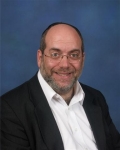

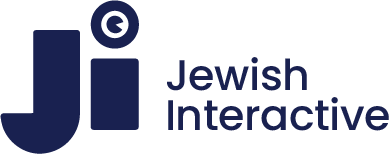

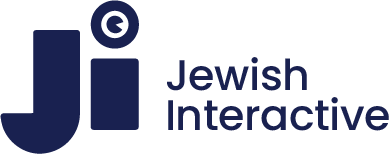




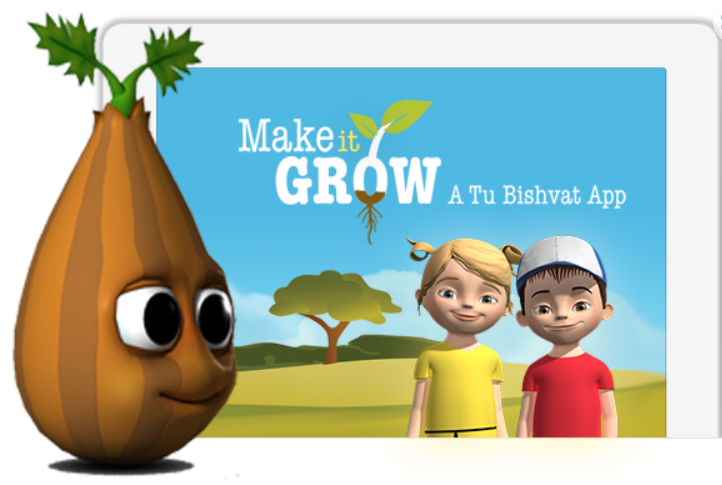


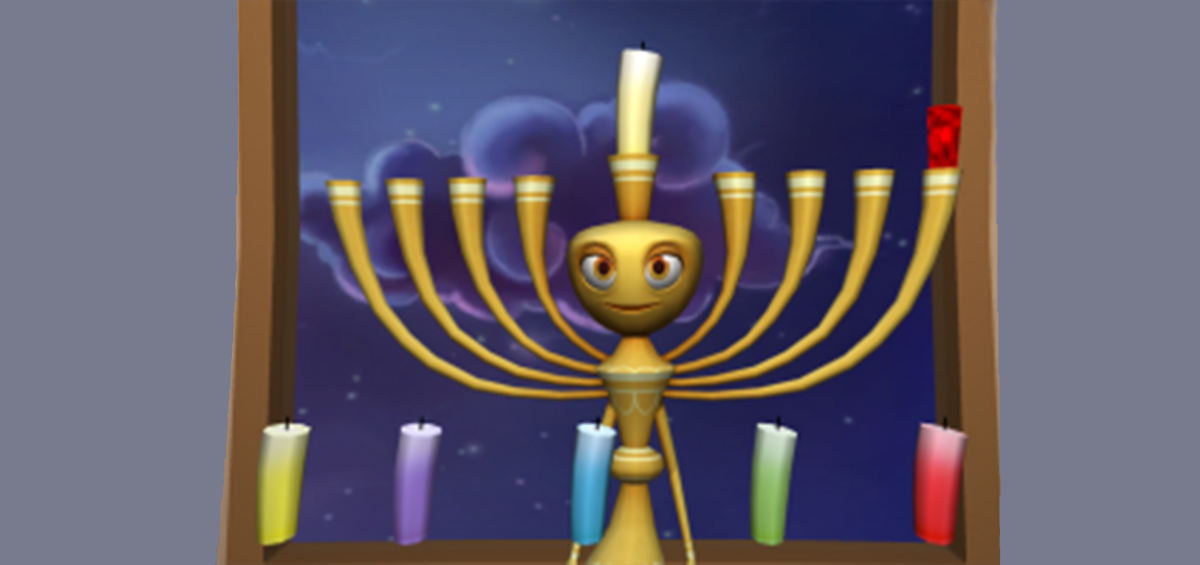





Leave a Comment